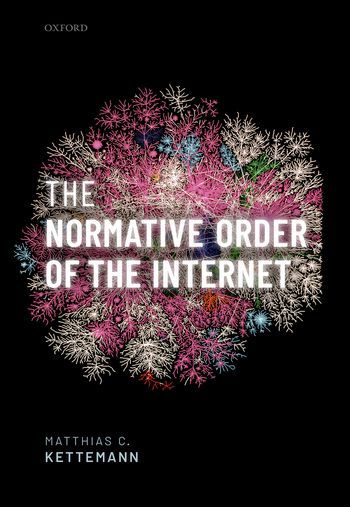
There is order on the internet, but how has this order emerged and what challenges will threaten and shape its future? This study shows how a legitimate order of norms has emerged online, through both national and international legal systems. It establishes the emergence of a normative order of the internet, an order which explains and justifies processes of online rule and regulation. This order integrates norms at three different levels (regional, national, international), of two types (privately and publicly authored), and of different character (from ius cogens to technical standards).
Matthias C. Kettemann assesses their internal coherence, their consonance with other order norms and their consistency with the order's finality. The normative order of the internet is based on and produces a liquefied system characterized by self-learning normativity. In light of the importance of the socio-communicative online space, this is a book for anyone interested in understanding the contemporary development of the internet.